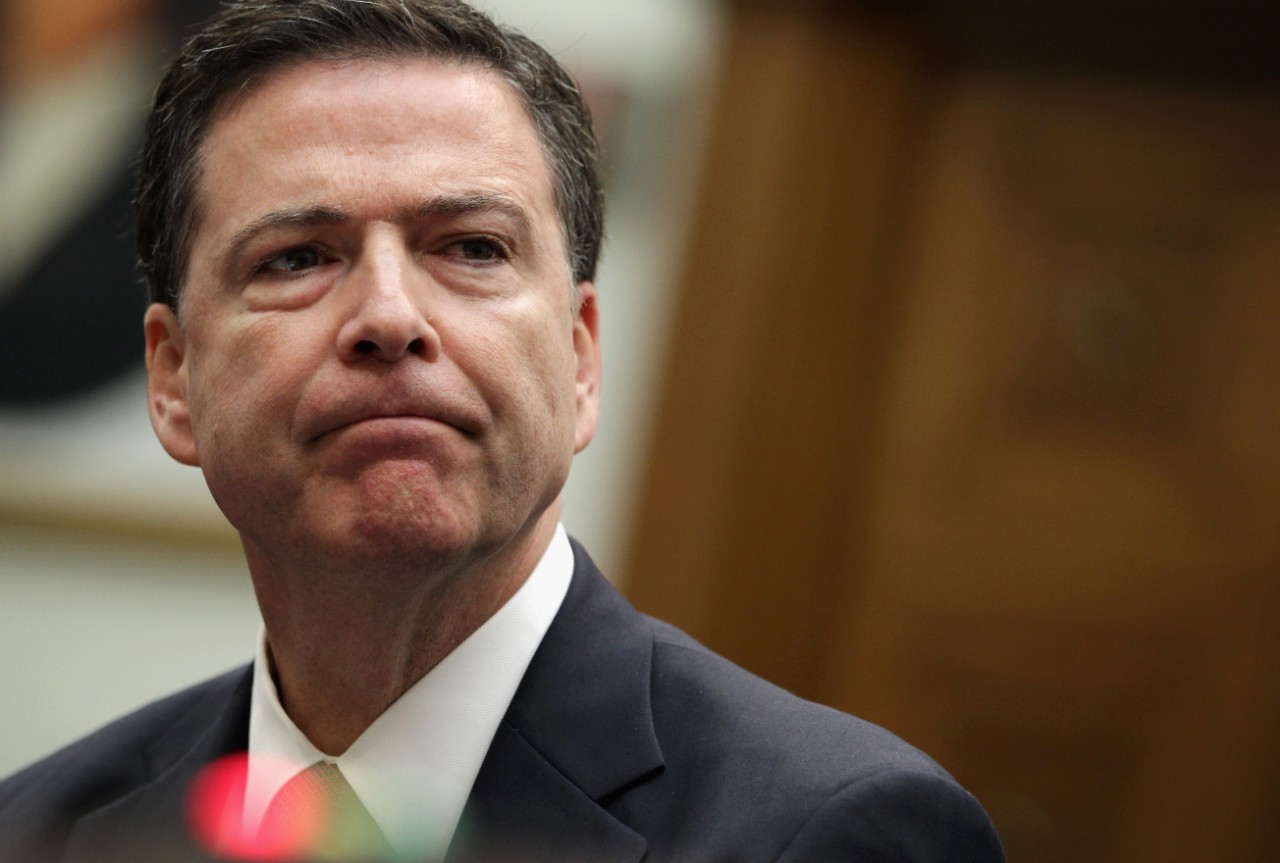The Justice Department inspector general’s office said Thursday it would open an investigation into the decision in October by James B. Comey, the FBI director, to inform Congress about a new review in the Hillary Clinton email investigation — a move Mrs. Clinton has said cost her the election.
The inquiry is not a blow for Mr. Comey only. It also draws negative attention again to the F.B.I. on an issue that agents had hoped was behind them.
The inspector general’s office said the investigation had come in response to complaints from members of Congress and the public about actions by the F.B.I. and the Justice Department during the campaign that might be seen as politically motivated.
Chief among those actions was the decision by Mr. Comey’s to write two letters on the email matter within 11 days of the election, creating a wave of damaging news stories about the controversy late in the campaign. In the end, the new emails that the F.B.I. reviewed — which came up during an unrelated inquiry into Anthony D. Weiner, the estranged husband of a top Clinton aide, Huma Abedin – proved irrelevant.
But the inspector general, Michael Horowitz, said he would also be examining other issues, including whether the deputy director of the F.B.I., whose wife ran as a Democrat for the Virginia State Senate, should have recused himself from any involvement in the Clinton email investigation. Another issue is whether a top Justice Department official gave information to the Clinton campaign.
The ramifications of the investigation were not immediately clear. Mr. Horowitz has the authority to recommend a criminal investigation if he finds evidence of illegality, but there has been no suggestion that Mr. Comey’s actions were unlawful. Rather, the question has been whether he acted inappropriately, showed bad judgment or violated Justice Department guidelines.
The Justice Department and the F.B.I. have a longstanding policy against discussing criminal investigations. Another Justice Department policy declares that politics should play no role in investigative decisions. Both Democratic and Republican administrations have interpreted that policy broadly to prohibit taking any steps that might even hint at an impression of partisanship.
It is extraordinarily rare for the inspector general to publicly disclose its investigations, particularly in such detail. That means that the inspector general has now broken with policy and announced details of an investigation into whether Mr. Comey broke with policy and announced details of an investigation.
Mr. Comey’s actions attracted criticism from members of both parties. Some criticized him for releasing the letter at the height of the campaign. Donald J. Trump, on the other hand, accused him of being part of a rigged system because the F.B.I. cleared Mrs. Clinton of criminal liability.
Since the election, Mr. Trump has not indicated whether he intends to keep Mr. Comey in his job. Although the president does not need cause to fire the F.B.I. director, a critical inspector general report could provide justification to do so if Mr. Trump is looking for some.
Brian Fallon, the former press secretary for the Clinton campaign who was once the top spokesman for the Justice Department, said: “This is highly encouraging and to be expected, given Director Comey’s drastic deviation from Justice Department protocol. A probe of this sort, however long it takes to conduct, is utterly necessary in order to take the first step to restore the F.B.I.’s reputation as a nonpartisan institution.”
Mr. Horowitz,the inspector general, said he was also investigating whether the Justice Department’s top congressional liaison, Peter Kadzik, had improperly provided information to the Clinton campaign. A hacked email posted by WikiLeaks showed that Mr. Kadzik alerted the campaign about an upcoming congressional hearing that would most likely raise questions about Mrs. Clinton.
In recent years, the inspector general has investigated accusations of wrongdoing by the F.B.I. involving some of its most sensitive operations, including a number of surveillance and counterterrorism programs. But the inquiry announced on Thursday could cut more deeply, because Mr. Comey played such a prominent role in the email episode.
The bureau., which usually keeps its distance from presidential campaigns, found itself much more centrally involved this time because of its yearlong investigation into Mrs. Clinton’s use of private email server.
At a dramatic news conference last July, Mr. Comey announced that the F.B.I. would not seek criminal charges against Mrs. Clinton. But he said she had been “extremely careless” in her handling of sensitive national security information during her time as secretary of state, from 2009 to 2013.
Read Full Report at The New York Times







